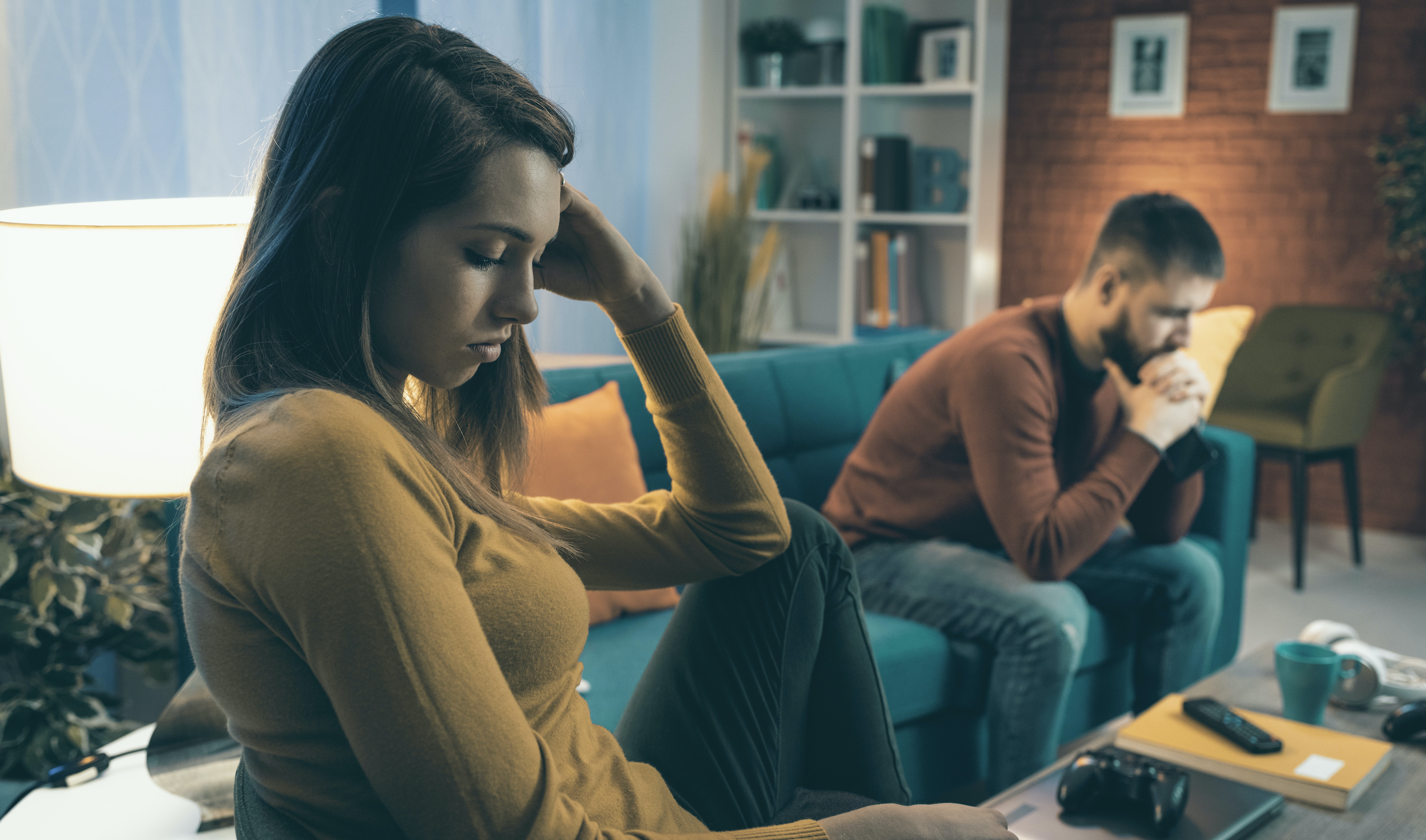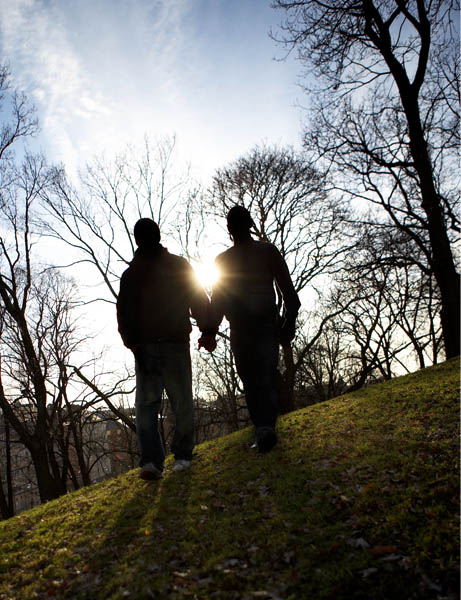Tag: Intimacy
-

What To Do When Your Husband, Wife or Partner Refuses to Go to Couples Counselling
Relationship counselling starts too late for most couples and when one of the partners decides they need help, it’s not unusual for the spouse to be resistant to couples counselling. So what can you do if your partner won’t attend therapy? People often delay relationship counselling out of embarrassment or to avoid cost. Some partners…
-

Couples Counselling and Marriage Therapy in Stockholm
Looking to Find a Relationship Therapist Who Speaks English? As an English speaking therapist in Stockholm I meet regularly with couples who are struggling with aspects of their relationship. For expats, the stress of relocation and dealing with cultural and climatic differences does put pressure on relationships. Many who consult me have decided to live…
